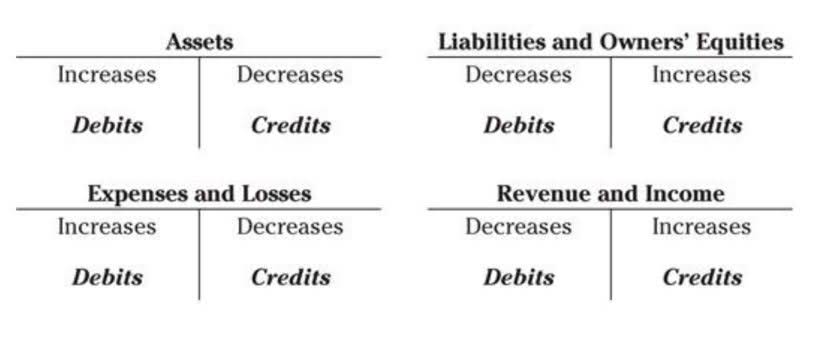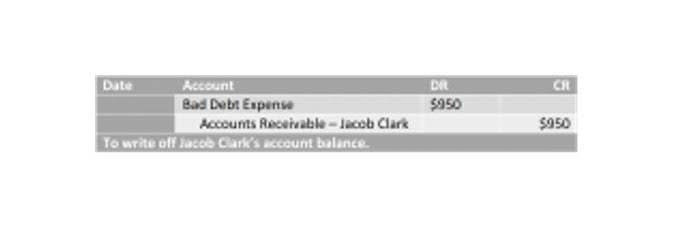
Investors and lenders rely on these statements to evaluate a company’s financial health and make informed investment decisions. To comply with the accrual method, companies record adjusting entries 3 basic accounting principles as of the final day of the accounting period. Adjusting entries make certain that the proper amount of expenses and liabilities, and the proper amount of revenues and assets, are reported on the appropriate period’s financial statements. Overall, the accounting principles used in preparing financial statements ensure that the information presented is reliable, relevant, and comparable.

Notes to the Financial Statements
- As a result of this principle, a company’s financial statements will include many disclosures and schedules in the notes to the financial statements.
- It is imperative to follow accounting principles when measuring business routines, which may include incomes, expenses, and other aspects.
- This assumption also provides some justification for accountants to follow the cost principle.
- Overall, while accounting principles provide a useful framework for financial reporting, they are not without their challenges and criticisms.
- It treats the firm as a separate accounting entity, limiting the mixing of personal and corporate assets and liabilities and improving financial transparency.
Industry Practices Constraint – some industries have unique aspects about their business operation that don’t conform to traditional accounting standards. Thus, companies in these industries are allowed to depart from GAAP for specific business events or transactions. Periodicity Assumption – simply states that companies should be able to record their financial activities during a certain period of time.

Why Were the Golden Rules Devised?

By following these principles, businesses can ensure that their financial statements are reliable, consistent, and useful for decision-making. The principles of accounting are essential for businesses Accounting for Churches to maintain accurate financial records. They provide a framework for recording transactions, preparing financial statements, and communicating financial information to stakeholders. The principles also help businesses to ensure compliance with legal and regulatory requirements. It dictates that financial transactions are recorded in the accounting period they occur, regardless of when the actual cash flow takes place.
Examples of Sole Trader Businesses

The principle of regularity is often cited as the most important GAAP standard. It compels accountants to honor and use all active reporting standards and regulations when preparing financial statements. Experts sometimes describe the principle of regularity as the bedrock upon which all other GAAP standards rest. Also known as «pro forma» reporting, non-GAAP reporting describes financial statements, reporting standards, and disclosures that were not prepared using GAAP guidelines. They fixed assets may be used by U.S. businesses and organizations not subject to GAAP requirements, or by certain international entities operating in U.S. capital markets. Critics of principles-based accounting systems say they can give companies far too much freedom and do not prescribe transparency.
- They guide how businesses record revenue and expenses, providing a clear and accurate picture of a company’s financial health.
- The consistency accounting principle says that once you choose an accounting method (accrual or cash), you should stick with it for all future financial records.
- These provide additional information pertaining to a company’s operations and financial position and are considered to be an integral part of the financial statements.
- For instance, large companies usually have a policy of immediately expensing the cost of inexpensive equipment instead of depreciating it over its useful life of perhaps 5 years.
- The objectivity principle is the concept that the financial statements of an organization are based on solid evidence.
- In 2014, the FASB issued an Accounting Standards Update (ASU) entitled Revenue from Contracts with Customers (Topic 606) which provides extensive guidance for reporting revenues on the income statement.

In short, the company’s financial statements are more complete when the accrual method is used. The going concern assumption means the accountant believes that the company will not be liquidated in the foreseeable future. In other words, the company will be able to continue operating long enough to meet its obligations and commitments. As a result, the accountant can continue to report most assets at their historical cost and can defer some costs to future periods. You may follow generally accepted accounting principles or a different standard. Whichever you use, it’s important to understand the basics — even if you have small-business accounting software.
- They believe because companies do not have to follow specific rules that have been set out, their reporting may provide an inaccurate picture of their financial health.
- These 3 basic accounting principles are the pillars that uphold the integrity of the accounting profession.
- These principles ensure that financial information is accurate, reliable, and consistent, making it easier for investors, creditors, and other stakeholders to make informed decisions.
- The accrual principle states that transactions should be recorded in the accounting records when they occur, not when the cash is received or paid.
Learn more: Atarax
